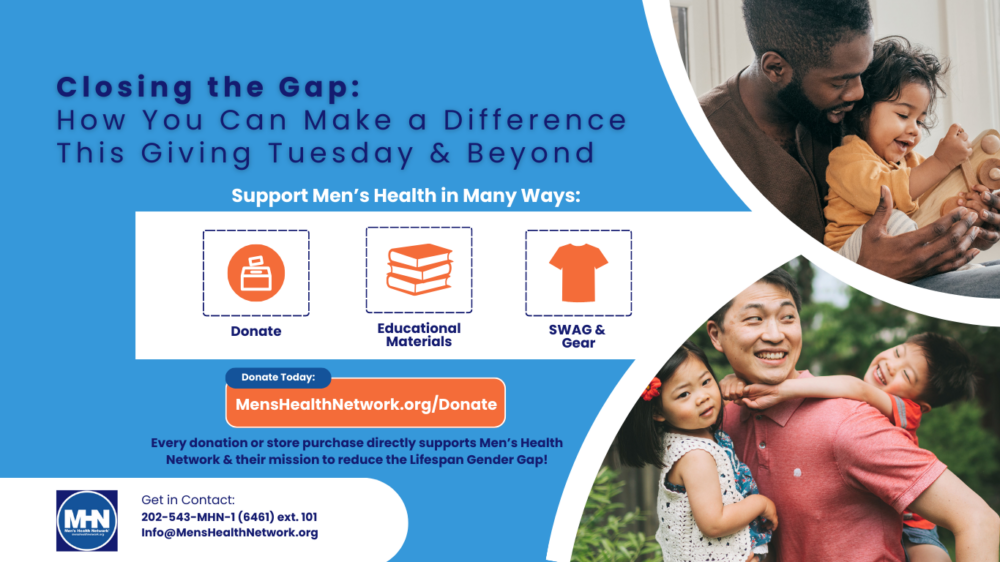The dreariness of February is lightened somewhat by that special day – the 14th – so beloved for its chocolates, roses and pronouncements of love. But before you bite into that delicious heart-shaped chocolate on Valentine’s Day take a moment to consider this somber fact: Heart disease is the number one killer of men and women in this country. And, men die younger and in greater numbers than women, which is why MHN is spotlighting heart health this February, a month that is typically dedicated to everything heart-shaped.
But the news is not all bad. In fact, the good news is that heart health is largely in your control. First, put down that heart-shaped chocolate. Numerous studies have shown that a diet consisting primarily of fruits, vegetables and lean protein play a significant role in promoting heart health. Unfortunately, those Valentine’s chocolates are not part of that heathy diet. Foods such as chocolate, butter and red meat contain trans fats and saturated fats that can clog arteries and raise cholesterol levels.
However, diet alone will not reduce the risk of cardiovascular disease. The nation’s Center for Disease Control (CDC) points to other factors that put Americans at a higher risk for heart disease including smoking, excessive alcohol use and physical inactivity. CDC underscores heart disease as the leading cause of death for men in the United States, causing about 1 in every 4 male deaths. The Center highlights other ways to prevent heart disease including regular visits to health care providers to check blood pressure and cholesterol levels. Uncontrolled blood pressure and high LDL cholesterol levels can result in heart disease, so screening is important. Health care providers should also test for diabetes which is another culprit in raising the risk of heart disease.
Finally, researchers and health care providers are paying more attention to stress as a factor in cardiovascular health. While the role stress plays in heart health is not clear the American Heart Association (AHA) states that “stress may affect behaviors and factors that increase heart disease risk: high blood pressure and cholesterol levels, smoking, physical inactivity and overeating.”
Addressing these concerns is apparently a matter of life and death for almost half of all Americans who – according to CDC – have at least one of these risk factors. So, this February as you are perusing grocery store aisles filled with heart-shaped chocolates and bottles of wine take a moment to consider the most important Valentine’s gift of all – your own heart health. Happy Valentine’s Day and Happy National Heart Health Awareness Month!
Photo by freestocks.org on Unsplash




